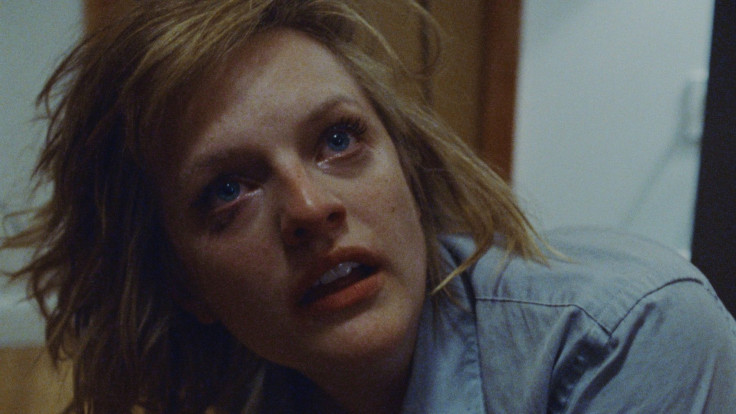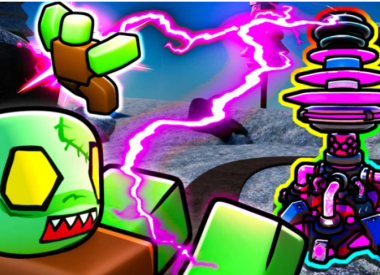Director Alex Ross Perry and actor Elisabeth Moss spoke to a crowd of MOMA (Museum of Modern Art) viewers about what makes for powerful drama and the main influences on their most recent collaboration: the psychological horror indie Queen of Earth.
Queen of Earth Trailer
Queen of Earth Director Alex Ross Perry and Star Elisabeth Moss Describe Where Drama and Horror Overlap
Queen of Earth is a very different movie from Perry’s last film with Moss, 2014’s dark Woody Allen pastiche Listen Up Philip. Instead it’s a portrait of one woman’s mind giving way, a subjective experience of psychological horror in line with Roman Polanski movies like Repulsion or The Tenant.
According to Perry Queen of Earth was motivated by a particular dramatic fixation of his “What is interesting to me was a character who was miserable and entitled and is in a nice situation and miserable in that nice situation.” And indeed that ably describes Moss’ Catherine, who comes from artistic aristocracy (her father is a famous artist) but loathes her best friend Virginia’s (Katherine Waterston) slightly different form of entitlement.
For Perry examining the roots of the violence we inflict on ourselves and others is a fundamental component of drama. Watching Listen Up Philip and Queen of Earth back-to-back makes this particular fixation evident. Perry describes it as “an easy thing for me to understand as a central question of a drama,” describing the motivating question for many of his plots as “things are horrible now, how did we get here?”
But Queen of Earth is more than just a drama. A big influence was Let’s Scare Jessica to Death, a 1971 horror movie about a woman losing her grip on reality as the nightmarish dead close in on her.
Stream the nightmarish QUEEN OF EARTH score. (You'd think you're listening to a horror film.) http://t.co/4eaF9QWS66 pic.twitter.com/ePCMVlJKa3
— Indiewire (@indiewire) August 28, 2015Queen of Earth and That Old Feminine Madness
This poster for @alexrossperry's QUEEN OF EARTH is astoundingly good. pic.twitter.com/4m3kJeQrru
— John Magary (@JohnMagary) August 23, 2015Playing with both exploitation-era horror and the pernicious trope of the hysterical female (at one point a character is seen reading the pioneering work on the subject, Women and Madness), Queen of Earth took delicate work to find the human truth in its characters.
For Moss, it was about finding a specificity in her character’s madness that went beyond outdated stereotypes. “I think it’s a very specific portrayal of a woman going insane,” Moss told the Queen of Earth audience, “She totally goes crazy and is histrionic, but she’s also insane.”
It sounds like splitting hairs, but it turned out to be a distinction that mattered, as some early reviews fell back on the tired language of crazed femininity. Moss rejected in particular one critic’s use of the word “hormonal” to describe Catherine’s trauma. “I think it’s extremely sexist to say that.. I don’t think she’s hormonal.”
While some audience members were left perplexed by the elliptical nature of Queen of Earth (one couple in the audience murmured “It wasn’t about friendship, what was it about? what does the title mean?” after the credits rolled), Perry and Moss agreed that discovering the truth about characters sometimes doesn’t offer clear answers. “It’s important for the thing to have its own rhythm,” Perry said.


















